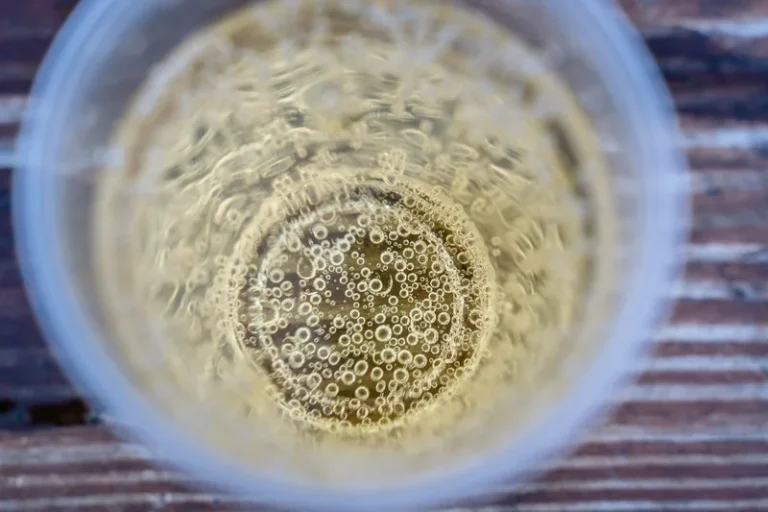The Physical and Mental Benefits of Quitting Alcohol

But there are also things you can do to cope and improve your sleep. “Quitting drinking can improve a person’s sleep, but there may still be a significant number of people who continue to have https://ecosoberhouse.com/article/what-sober-networking-is-and-why-it-is-important/ sleep problems even with continuous abstinence,” Volpicelli says. Alcohol can also trigger the release of chemicals called endorphins and raise levels of the “feel good” hormone dopamine.
More on Substance Abuse and Addiction
While there can be peer pressure to drink from your coworkers, it’s important to remember that drinking is not required. Opting to have some sparkling water or a soda can be viable alternatives. Further, your supervisor will likely appreciate a commitment to professionalism, even when with coworkers after hours.
When Alcohol or Drugs Interfere With Your Work
Alcohol has many negative effects on your physical and mental health. The benefits of quitting drinking are often apparent soon after you stop, and will only continue drinking after work to improve the longer you abstain from drinking. Those in the professional class also struggle with substance abuse, possibly fueled by after work drinking.
Don’t Talk About Work The Whole Time

Shifting after-work drinks culture to a more inclusive networking culture facilitates openness and safety, aspects that are fundamental to helping marginalized groups thrive. However, people taking part in competitive team sports or other exercises of varying intensity can have EAC as well. There are several risk factors for EAC, including alcohol consumption. The Centers for Disease Control and Prevention (CDC) define exercise as physical activity to maintain or improve a person’s physical fitness.
Black women in leadership roles are often vastly underrepresented among their peers in an organization. When I already stand out as different, showing up as one of the few not drinking at a social gathering only makes me stand out more. When belonging and connectivity are the goal, happy hour networking events can result in just the opposite for those who don’t drink. The choice is often not attending the function resulting in the loss of what can be valuable time to connect with colleagues vs. attending and continually explaining why you aren’t drinking. I like the author’s suggestions of other forms of engagement and team-building. While it was really cold, last year the leadership team in my department went ice bowling.

- Whatever the reason, the consequences of opting out may go beyond missing a social occasion – it may create barriers to professional growth and advancement.
- Additionally, nearly 15 percent of healthcare professionals struggle with alcohol abuse.
- It’s important that you work with your doctor when you’re ready to stop drinking rather than trying to do it alone.
- Alcohol has many negative effects on your physical and mental health.
- To change the after-work drinks norm and the toxic “bro culture” that often underlies it, organizations should offer a variety of non-alcoholic activities that cater to a multitude of interests.
- She would prefer to participate in career networking events that cater to different personality types.
- Escape rooms, bowling, mini-golf, or dinner shows can be great sober activities to help build connections with your coworkers.
- And now you know that employers cannot discriminate against you because of your past.
- However, it can significantly increase during exercise for up to two days after heavy drinking.
- John C. Umhau, MD, MPH, CPE is board-certified in addiction medicine and preventative medicine.
- Behavioral interventions, medications, and social support can all play a role in your alcohol recovery.